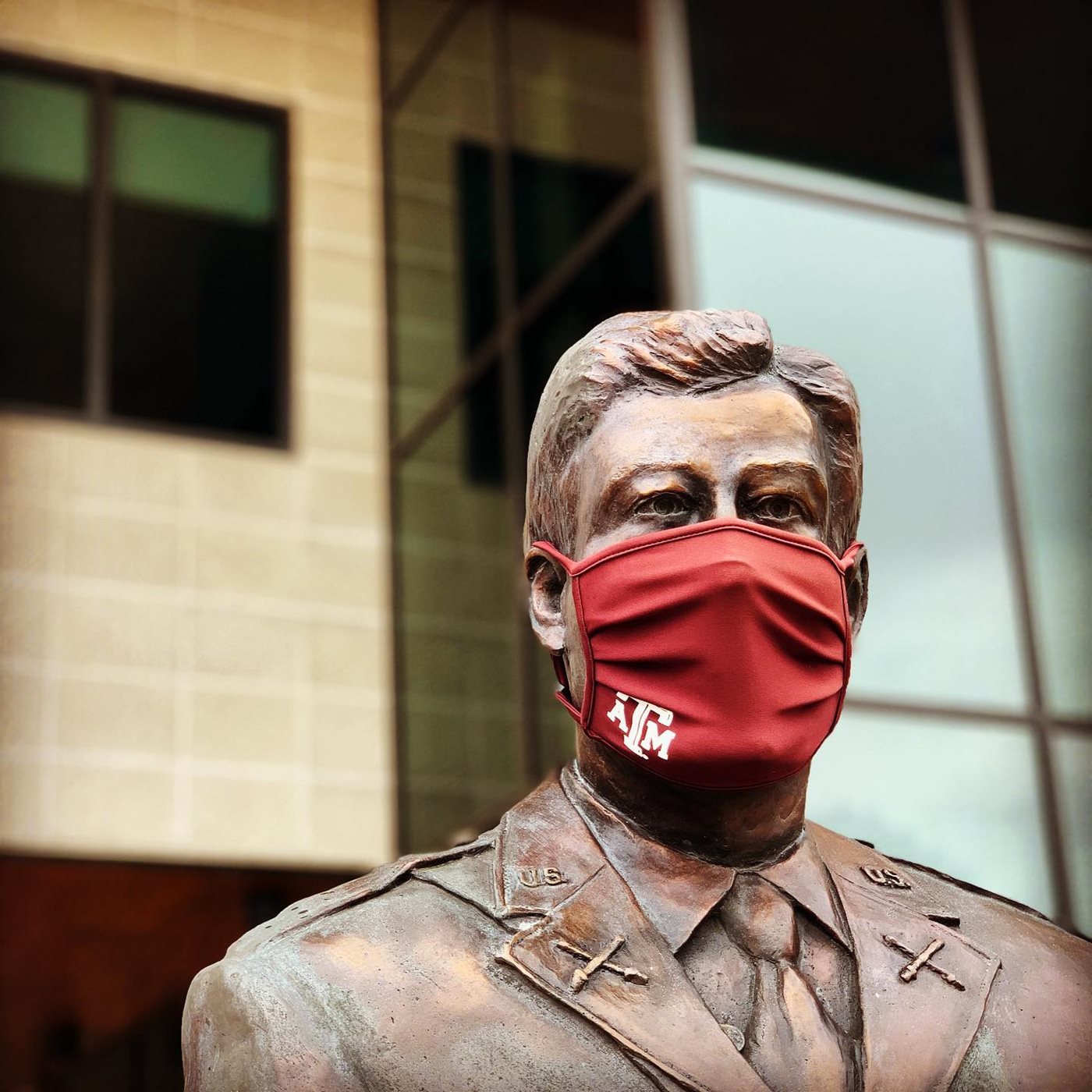December 2020

I want to be clear that I’m not complaining. In fact, I think the last 3.5 years of constantly interrogating the field in which my life’s work is situated has been truly transformative for me. Every discussion, every reading, and every thought I have had to hammer into shape and put to paper has helped to chip away at the lens through which I see the world, bringing it more into focus. And honestly, it has been a really good thing to put myself back into the shoes of those of whom I am so desperate to serve.
Going back to school kind of forces us to remove the rose-colored glasses we use to review our previous school experiences. Especially for those of us searching to hone our skills in serving students, we loved our times in college. We came back to the scene of our greatest moments to try to provide those moments for others. We also, however, may have put up blinders to the things we maybe did not like as students: feeling awkward, hoping you’ll make a friend, worrying about the approval of a professor, taking a class with your old friend “imposter syndrome,” trying to find parking, etc. It is a weird thing to leave a role of power and voluntarily place yourself back into the subordinate position of a student, where you literally pay to have your work and competence judged. But — and I cannot say this strongly enough — it is a good thing. My empathy for students has grown. My sympathy for parents has grown. My expectations of professors, administrators, and anyone in a position of power has grown as well.
I want to stress that it is not enough to simply audit the student experience. You have to immerse yourself in it. If you want to fully explore another identity and experience another way of being, maybe you need to put on the mask that filters the things that signify your status (I know I’m straining a metaphor right now, but stick with me here). The mask is something you need to wear because you can’t force someone else to filter what they see. You have to do that. And you can’t expect someone else to filter the things you say. You need to do that. When you wear a mask, it is a decision you make for the sake of others, and, let’s be honest, not everything that comes out of our mouths is healthy.
Blessings to better people than me who did not need a pandemic to see that metaphor.
We wear masks, we play with identities, and we are different things to different people at different times. It can all be a bit too much to consider, but we do it naturally. We code-switch constantly. I know my accent comes back when I go home. I know I indubitably use bigger words when I get up in my college feelings and want to show off. But we also use those masks to hide as well. Or maybe we have a mask we refuse to put on, because doing so would hide the status that gives us so much protection.
I think it’s important to push through the fear and explore other ways of being. If you’re afraid to find out how someone else likes the swordfish, what does that say about you? If we can’t wear the masks and do the work, then how can we expect anyone else to?
I know feelings are the water in which we swim, and that lately that water is more like pudding. Everything is a struggle. I get that, I truly do. So it is no small thing to encourage myself or anyone else to do extra work of examining masks and identities, to follow along with my tortured analogy. But all this [spreads arms and looks around at the emotional wreckage] is going to get better someday. Things will change. We will emerge. And, as an educator, I have to think that I’ll have something to show for it. What good is all this pressure if there is no diamond at the end? We can be better if we find a way to do the work, imperfect as it may be.
So let’s be the ones who ask about the swordfish. The Tuesday Special was never meant to be for us anyway.
-Neil Golemo
Neil is a doctoral student in the Department of Education Administration and Human Resource Development.